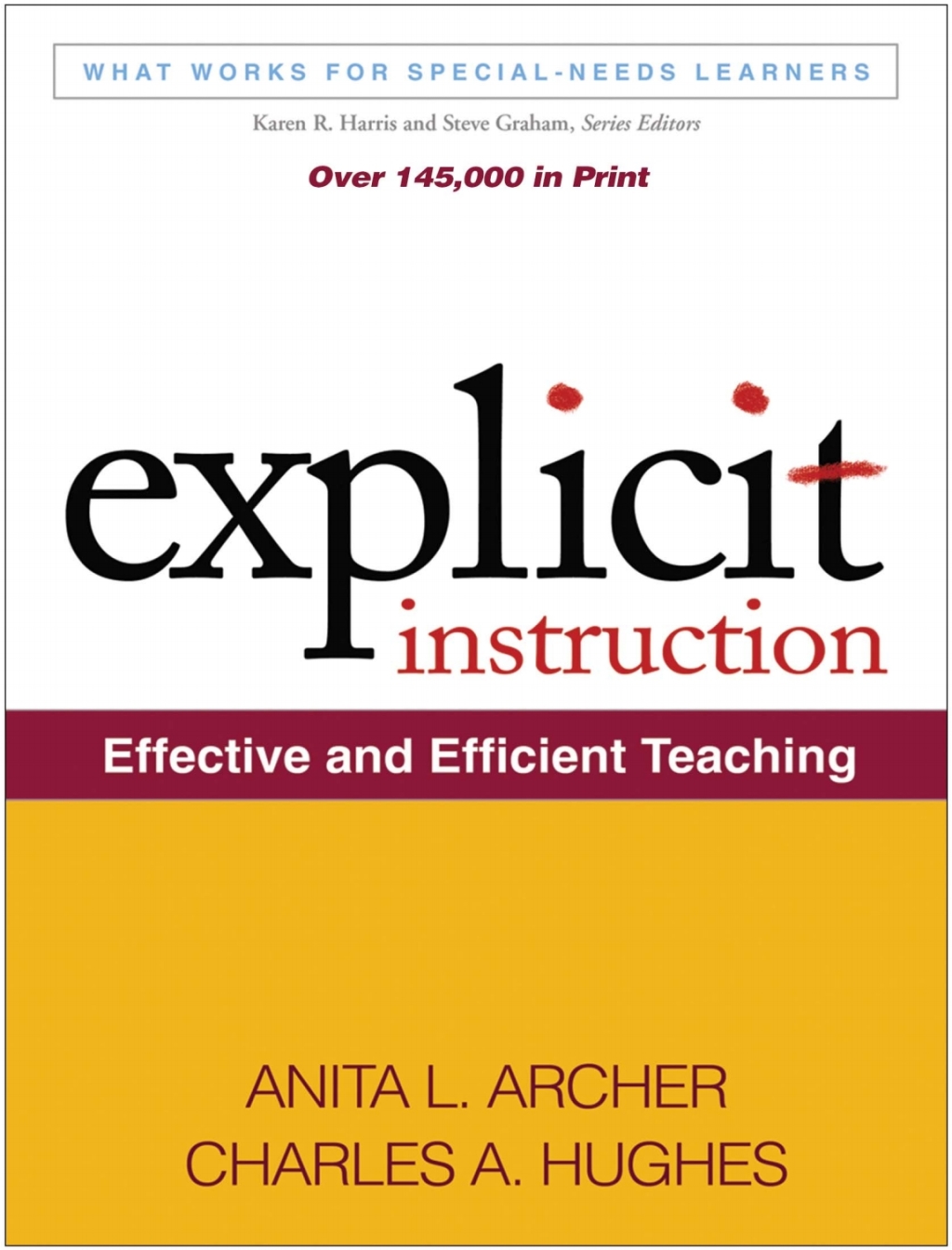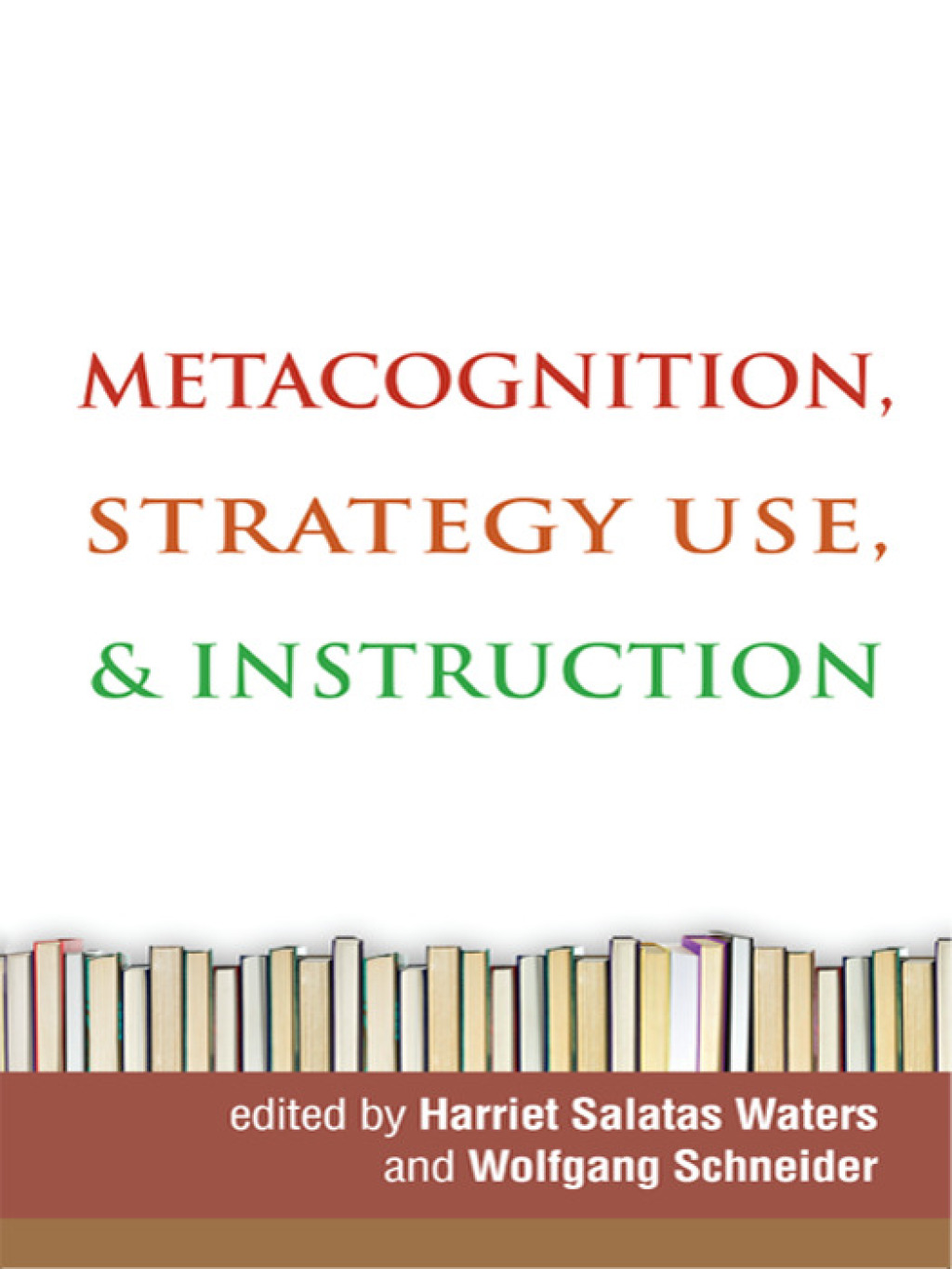Qualitative Research Studying How Things Work
Author(s): Robert E. Stake
Publisher: The Guilford Press
ISBN: 9781606235454
Edition:
$39,99
Delivery: This can be downloaded Immediately after purchasing.
Version: Only PDF Version.
Compatible Devices: Can be read on any device (Kindle, NOOK, Android/IOS devices, Windows, MAC)
Quality: High Quality. No missing contents. Printable
Recommended Software: Check here
Important: No Access Code
Description
Description
This book provides invaluable guidance for thinking through and planning a qualitative study. Rather than offering recipes for specific techniques, master storyteller Robert Stake stimulates readers to discover “how things work” in organizations, programs, communities, and other systems. Topics range from identifying a research question to selecting methods, gathering data, interpreting and analyzing the results, and producing a well-thought-through written report. In-depth examples from actual studies emphasize the role of the researcher as instrument and interpreter, while boxed vignettes and learning projects encourage self-reflection and critical thinking. Other useful pedagogical features include quick-reference tables and charts, sample project management forms, and an end-of-book glossary. After reading this book, doctoral students and novice qualitative researchers will be able to plan a study from beginning to end.
Related products
Qualitative Research Studying How Things Work
Author(s): Robert E. Stake
Publisher: The Guilford Press
ISBN: 9781606235454
Edition:
$39,99
Delivery: This can be downloaded Immediately after purchasing.
Version: Only PDF Version.
Compatible Devices: Can be read on any device (Kindle, NOOK, Android/IOS devices, Windows, MAC)
Quality: High Quality. No missing contents. Printable
Recommended Software: Check here
Important: No Access Code
Description
Description
This book provides invaluable guidance for thinking through and planning a qualitative study. Rather than offering recipes for specific techniques, master storyteller Robert Stake stimulates readers to discover “how things work” in organizations, programs, communities, and other systems. Topics range from identifying a research question to selecting methods, gathering data, interpreting and analyzing the results, and producing a well-thought-through written report. In-depth examples from actual studies emphasize the role of the researcher as instrument and interpreter, while boxed vignettes and learning projects encourage self-reflection and critical thinking. Other useful pedagogical features include quick-reference tables and charts, sample project management forms, and an end-of-book glossary. After reading this book, doctoral students and novice qualitative researchers will be able to plan a study from beginning to end.
Related products
Qualitative Research Studying How Things Work
Author(s): Robert E. Stake
Publisher: The Guilford Press
ISBN: 9781606235454
Edition:
$39,99
Delivery: This can be downloaded Immediately after purchasing.
Version: Only PDF Version.
Compatible Devices: Can be read on any device (Kindle, NOOK, Android/IOS devices, Windows, MAC)
Quality: High Quality. No missing contents. Printable
Recommended Software: Check here
Important: No Access Code
Description
This book provides invaluable guidance for thinking through and planning a qualitative study. Rather than offering recipes for specific techniques, master storyteller Robert Stake stimulates readers to discover “how things work” in organizations, programs, communities, and other systems. Topics range from identifying a research question to selecting methods, gathering data, interpreting and analyzing the results, and producing a well-thought-through written report. In-depth examples from actual studies emphasize the role of the researcher as instrument and interpreter, while boxed vignettes and learning projects encourage self-reflection and critical thinking. Other useful pedagogical features include quick-reference tables and charts, sample project management forms, and an end-of-book glossary. After reading this book, doctoral students and novice qualitative researchers will be able to plan a study from beginning to end.
Related products
Qualitative Research Studying How Things Work
Author(s): Robert E. Stake
Publisher: The Guilford Press
ISBN: 9781606235454
Edition:
$39,99
Delivery: This can be downloaded Immediately after purchasing.
Version: Only PDF Version.
Compatible Devices: Can be read on any device (Kindle, NOOK, Android/IOS devices, Windows, MAC)
Quality: High Quality. No missing contents. Printable
Recommended Software: Check here
Important: No Access Code
Description
This book provides invaluable guidance for thinking through and planning a qualitative study. Rather than offering recipes for specific techniques, master storyteller Robert Stake stimulates readers to discover “how things work” in organizations, programs, communities, and other systems. Topics range from identifying a research question to selecting methods, gathering data, interpreting and analyzing the results, and producing a well-thought-through written report. In-depth examples from actual studies emphasize the role of the researcher as instrument and interpreter, while boxed vignettes and learning projects encourage self-reflection and critical thinking. Other useful pedagogical features include quick-reference tables and charts, sample project management forms, and an end-of-book glossary. After reading this book, doctoral students and novice qualitative researchers will be able to plan a study from beginning to end.




































